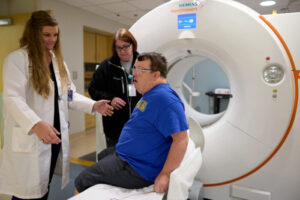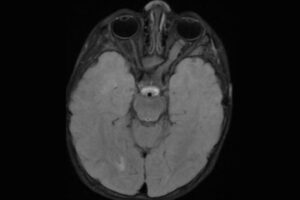Anne Cross, MD, FAAN, professor of neurology at Washington University, who was not involved with the studies, said that, coupled with similar findings from a research group in Germany and an earlier analysis from Dr. Bove’s group, the data on ocrelizumab are “very reassuring.”
Are Ocrelizumab and Ofatumumab Safe During Pregnancy? (Links to an external site)









